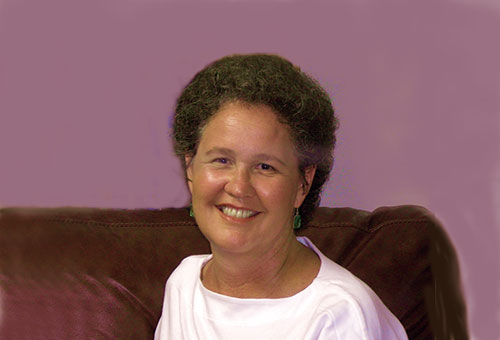
Elizabeth Foster
Senior Vice President, Research and Strategy
Elizabeth Foster is the senior vice president of research and strategy at Learning Forward. She leads the organization’s research efforts for partnerships, programs, and fundraising. Elizabeth co-wrote the Standards for Professional Learning (2022) with Tracy Crow and now facilitates learning sessions about the standards and develops resources that support their use and implementation. She contributes to the design, facilitation, and evaluation of networks. Prior to Learning Forward, Elizabeth was the vice president of strategic initiatives at the National Commission on Teaching and America’s Future (NCTAF) where she led a major research investigation about educator support systems that resulted in a report entitled What Matters Now (2016) and a successful three-year improvement network with Learning Forward. Her published work includes studies on teacher recruitment, preparation, and professional learning, urban teacher shortages, community college teacher preparation, professional learning communities, and the demographics of the education workforce. Elizabeth started out with an operating foundation in New York City that supported public education innovation projects, then worked in middle school special education in Boston and staffed a research project about inclusion with the Harvard RALLY project. Elizabeth enjoys spending time with her two incredible daughters, as well as other family and friends – especially on the beach.
All Articles
-
Data inform our progress toward equity
Acting to dismantle structural racial inequities begins with identifying and clearly naming the challenges we face. Data play a powerful role in this process. Several recent publications synthesize data sources, research findings, and expert recommendations to inform and guide equity improvement efforts. They can make a sizable contribution to our […] -
Investing in principals offers big returns for students and schools
The school principal has long been recognized as a critical driver for school improvement and student success, but new research supported by The Wallace Foundation has found that principals have an even greater impact than previously stated. A synthesis of two decades of studies builds on previous research about how […] -
An extraordinary time for innovation
Linda Darling-Hammond, the Charles E. Ducommun Professor of Education Emeritus at Stanford University and founding president of the Learning Policy Institute, is a longtime leader in education, an expert on professional learning, and an influential researcher and policy advisor. She has been leading President Joe Biden’s education transition team, giving […] -
A new network for a changed world
Among the things we’ll remember about the year 2020 are phrases like “You’re still on mute” and “Can I share my screen?” They are emblematic of how educators have been challenged to navigate uncharted waters of remote learning and overnight technological adaptation. To quote another phrase that we’ll remember as […] -
Crisis creates opportunity. Will we seize it?
The Learning Professional recently interviewed Mehta about how the COVID-19 pandemic is changing teaching and learning and how to seize opportunities for improving schools moving forward. Our conversation has been condensed and edited. Q: Since last spring, you have been studying schools’ reactions to the crisis and the implications for […] -
Program inspires students’ civic engagement
It is a longstanding goal of schools to educate individuals to participate in a democratic society. But recent events, including the storming of the U.S. Capitol and disinformation campaigns around the U.S. presidential election, have made it clear that we need to improve the way students understand history, government, and […] -
High-quality mentoring increases teacher effectiveness
The Study: Goldhaber, D., Krieg, J., & Theobald, R. (2018, November).Effective like me? Does having a more productive mentor improve the productivity of mentees? (Working Paper No. 208-1118-1). CALDER. caldercenter.org/sites/default/files/CALDER%20WP%20208-1118-1.pdf Mentoring is a popular strategy for building the capacity of new teachers, as evident in articles throughout this issue. Qualitative […] -
Access, knowledge, and culture limit teachers’ use of research
Educators at all levels are regularly asked to use research to inform their instructional choices and practices. For example, the Standards for Professional Learning advocate for understanding and using research about effective professional learning as a habit of mind and a design approach. However, the process of identifying, selecting, and […] -
Study explores ways to support meaningful inclusion
Learning Forward has hosted a series of webinars focused on teaching and learning during the COVID-19 realities of school building closures and remote classes. Throughout the series, no matter what the topic, participants have asked presenters how they are addressing the needs of students with disabilities and special needs. This […] -
Strength lies in combining curriculum with professional learning
In a recent meta-analysis, researchers Lynch, Hill, Gonzalez, and Pollard found that instructional improvement programs — an approach combining professional learning and curriculum or instructional materials — had a positive impact on student outcomes. The impact was greater than either professional development or introducing new materials alone. Amidst a lot […]











